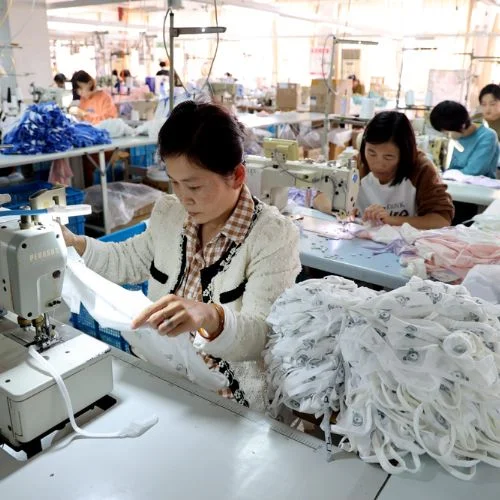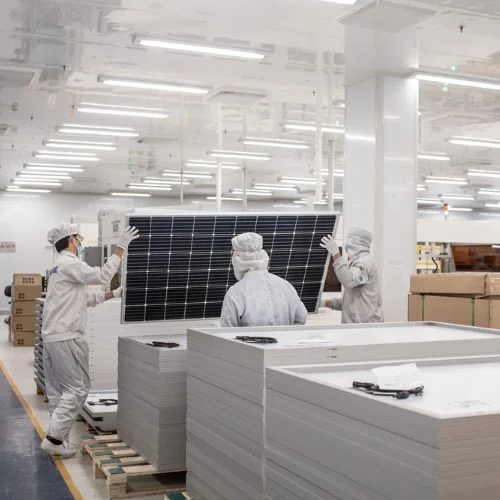Solar energy manufacturing refers to the production of equipment and components used to harness energy from the sun, such as solar panels, inverters, and batteries. This industry has seen significant growth in recent years, driven by increasing demand for renewable energy and a growing awareness of the environmental and economic benefits of solar power.
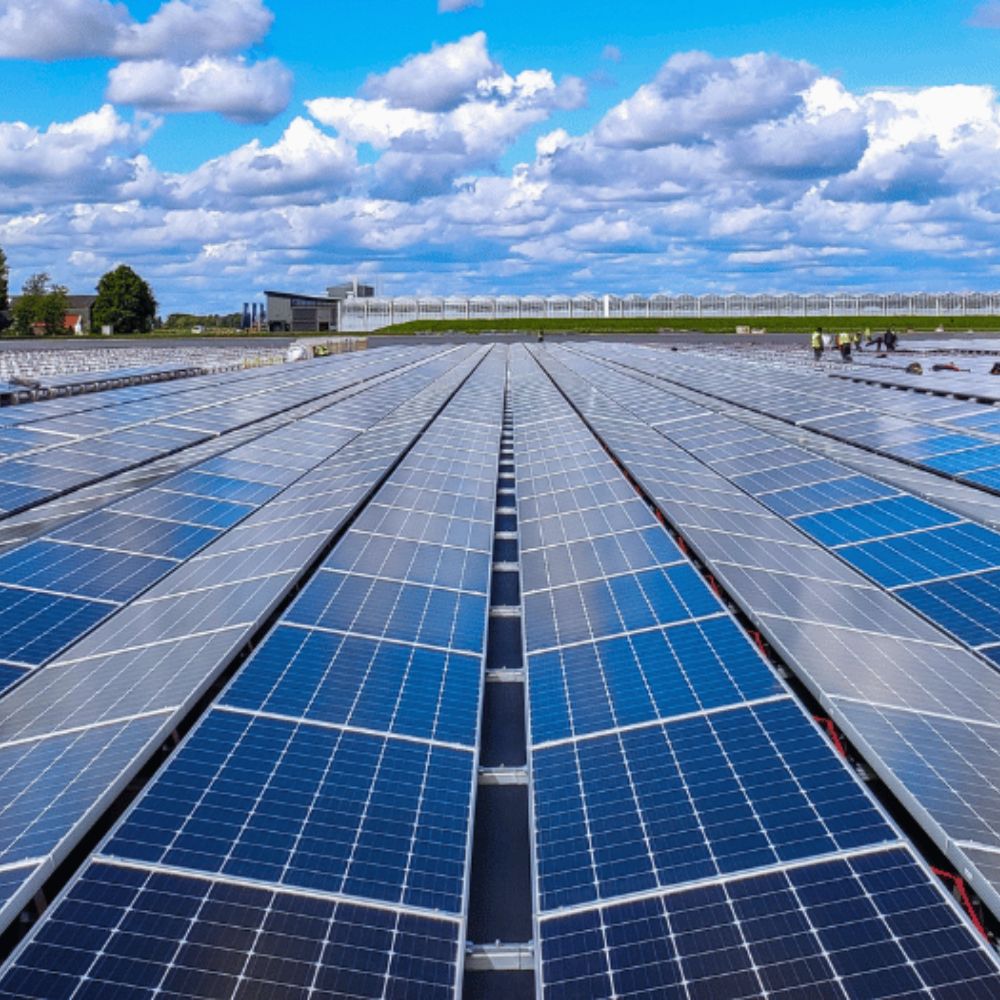
Solar energy manufacturing requires advanced technologies and manufacturing processes to produce high-quality, efficient, and cost-effective solar products. As the world continues to transition to renewable energy, solar energy manufacturing is poised to play an increasingly important role in meeting the growing demand for clean and sustainable energy.
India has emerged as a global leader in solar energy manufacturing over the past decade, with the country taking significant steps to increase its capacity and expertise in the sector. This has been driven by a combination of factors, including the government’s commitment to renewable energy, a favorable policy environment, and a growing market for solar power.
One of the key factors behind India’s success in solar energy manufacturing has been the government’s commitment to renewable energy. In 2015, the Indian government announced an ambitious target of generating 100 GW of solar energy by 2022, which was subsequently increased to 450 GW by 2030. To achieve this goal, the government has introduced a range of policies and incentives to encourage the growth of the solar energy sector, including subsidies for solar power projects, tax exemptions, and a favorable regulatory environment.
Another factor driving the growth of India’s solar energy manufacturing industry has been the increasing demand for solar power in the country. India has one of the fastest-growing energy markets in the world, with a large and growing population that is rapidly urbanizing. This has led to a significant increase in energy demand, particularly in the residential and commercial sectors, which has created a large and growing market for solar power.
To meet this growing demand, India has invested heavily in solar energy manufacturing, with a particular focus on developing its domestic manufacturing capabilities. This has included the establishment of solar parks and manufacturing hubs across the country, as well as the introduction of policies and incentives to encourage investment in the sector.
As a result of these efforts, India has become one of the world’s leading manufacturers of solar energy equipment, including solar panels, inverters, and batteries. The country is now home to a number of major solar energy companies, such as Tata Power Solar, Adani Solar, and Vikram Solar, which are driving innovation and pushing the boundaries of what is possible in the sector.
India has emerged as a global leader in solar energy manufacturing due to a combination of factors, including:
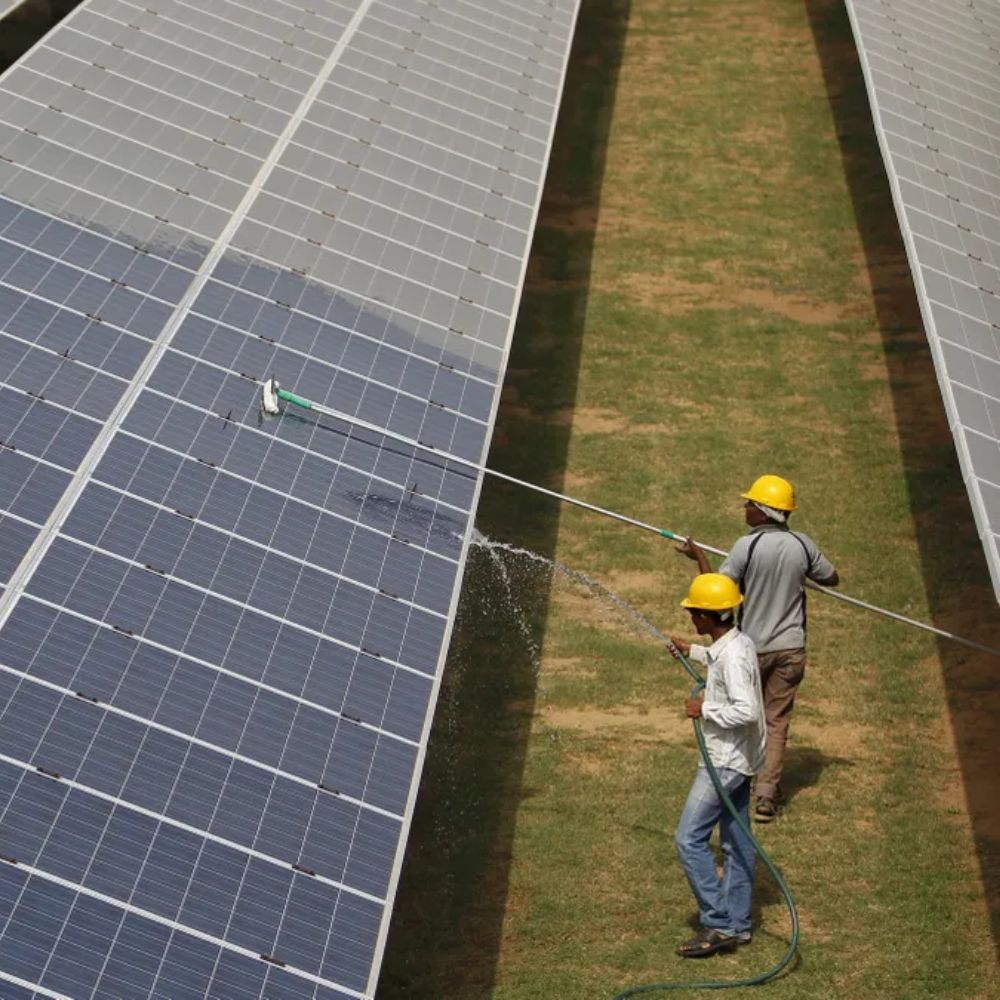
- Government support: The Indian government has shown a strong commitment to renewable energy and has implemented policies to encourage the growth of the solar industry. This includes setting ambitious targets for solar energy generation, providing subsidies and tax incentives for solar power projects, and creating a favorable regulatory environment.
- Growing demand for solar energy: With a rapidly growing population and increasing urbanization, India has a large and growing demand for energy. Solar energy is a clean and sustainable source of power that can help meet this demand, which has created a significant market for solar products.
- Domestic manufacturing capabilities: To meet the growing demand for solar energy, India has invested heavily in developing its domestic solar manufacturing capabilities. This has included the establishment of solar parks and manufacturing hubs across the country, as well as policies and incentives to encourage investment in the sector.
- Innovation and technology: Indian companies have demonstrated a strong ability to innovate and develop new technologies in the solar industry. This has helped to drive down costs and improve the efficiency and performance of solar products.
- Skilled workforce: India has a large and skilled workforce in the fields of engineering, technology, and manufacturing, which has helped to support the growth of the solar industry and drive innovation and efficiency in solar energy manufacturing.
Conclusion
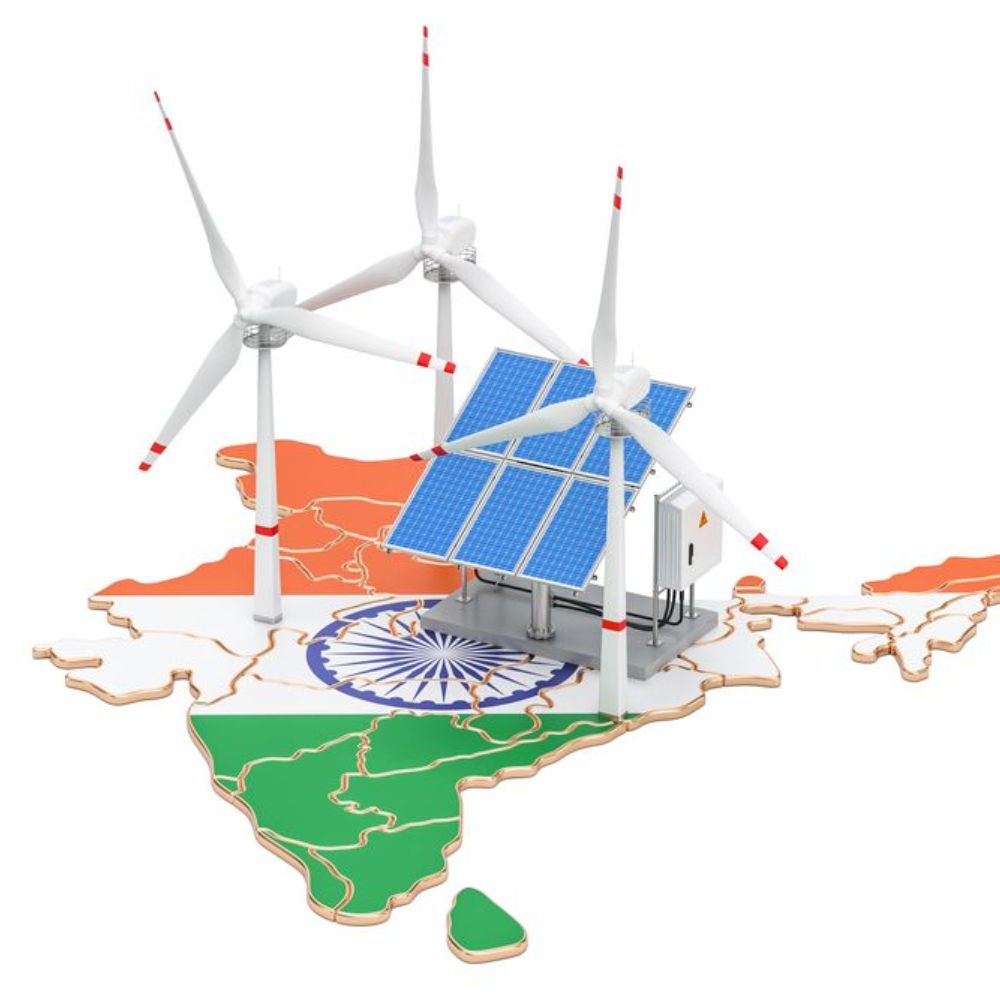
Overall, the emergence of India as a global leader in solar energy manufacturing is a testament to the country’s commitment to renewable energy and its ability to innovate and adapt to changing market conditions. With the government’s continued support and investment in the sector, there is no doubt that India will continue to play a key role in the global transition to renewable energy in the years to come.










